by AMIT ROY
WATCHING The Lehman Trilogy last week at London’s Piccadilly Theatre, with its tale of the rise and fall of a business dynasty established in America by three Jewish immigrant brothers, brought to mind an interview I did ages ago in Bombay (now Mumbai) with Dhirubhai Ambani.
He introduced me to “my two boys”, Mukesh and Anil, who took over the empire established by their father, but who later also fell out in spectacular fashion.
Mukesh, heading Reliance Industries and the richest man in India, had to step in at one stage and rescue his younger brother from possible financial ruin.
The Lehman Trilogy, which takes the story from 1844 with the arrival of Hayum Lehmann (soon anglicised to Henry Lehman) from Bavaria in Germany to the collapse of Lehman Brothers in 2008 because of the subprime mortgages crisis – thereby triggering a worldwide financial meltdown – is said to be a “quintessentially American story”.
Of course, it is. But substitute Hindu for Jewish and it is also in many ways a salutary tale for Indians. There are many points of similarity, say, with what’s been happening with Subrata Roy of Sahara; Vijay Mallya, the “king of good times” at Kingfisher Airlines; and Nirav Modi, the jeweller.
On a more positive note, some of the family values that sustained the Lehman brothers are also evident among those who make Eastern Eye’s Rich List from one year to the next. The Hindujas, who are at the top of the tree, have remained successful precisely because the four brothers, who acquired their sense of values from their father, have stayed united and appear to have passed on their philosophy to their children.
There is a tiny part at the start of The Lehman Trilogy for the British Indian actor, Ravi Aujla, who is shown clearing away boxes in an empty office as the radio brings news of the collapse of the Lehman Brothers. He appeared in the Tamasha Theatre Company’s first play, an adaptation of Mulk Raj Anand’s Untouchable, at the Riverside Studios in Hammersmith in 1989, which I greatly enjoyed.
Then the play returns in flashback to 1844 with the arrival of Henry Lehman (Simon Russell Beale). He is followed three years later by his middle brother, Emanuel (Dominik Tiefenthaler, previously Ben Miller), five years his junior. The voiceover, the vehicle used to narrate the story, says: “In fact, his real name is Mendel, but here in America everything changes, even your name.”
After the arrival in 1850 of Mayer (Adam Godley), the youngest aged 20, the brothers set up their first cornershop in Montgomery, capital of Alabama, in the deep south where cotton is king.
Between them, the three actors play all the characters, including notably Emanuel’s son, Philip; Herbert, who is the son of Mayer; and Robert (“Bobbie”), son of Philip, the last of the Lehmans to be a board member.
The play, directed by Sam Mendes, has been adapted by Ben Power from the original by Stefano Massini. The three parts of the trilogy – The Three Brothers, Fathers & Sons, and The Immortals – deal chronologically with the evolution of the business from selling garments to dealing in raw cotton and then coffee before moving into banking and investing in everything from railways to firms such as Woolworth, Sears and Roebuck & Company. The brothers move their base to 119 Liberty Street, New York, in 1860, survive the American civil war in 1861 and the Great Wall Street Crash of 1929.
The stage is a revolving glass box, with background film footage to capture the events of the day. Asians will feel comfortable with the Bollywood length of the play – three hours and 30 minutes with two 15-minute intervals.
There are amusing interludes, such as when Emanuel spots Pauline Sondheim, a girl “as slender as one of the newlyplanted trees down there in Rimpar, Bavaria”. He is not put off when she tells him she is already engaged.
There is a little joke about the Jewish (Gujarati?) sense of being careful with money: “When the door to the Sondheim house closed violently in his face, Emanuel Lehman did not lose heart. He gave himself another appointment to be there again in not more than a week and he put the flowers in a vase so he would not have to rebuy them.”
When she turns him down again, “he gave himself another appointment and put the flowers back in the vase”.
The third time: “My name is Emanuel Lehman. I’m one of the richest Jews in New York and I’m asking you to marry me.”
On his 24th visit, Pauline’s maid informs him that “she is waiting for him in the living room with her father”.
Philip, seeking “an appropriate wife” at the age of 18, believes in an Indian style arranged marriage.
But instead of giving the job to his parents, he undertakes the task himself. He interviews several candidates and gives them marks out of 100 – 29, 35, 7, 14, 60, 85 and 48 – before encountering the “perfect woman” who is marked “pointless”.
However, “the winner with 85 out of 100 is Carrier Lauer”.
Perhaps the seeds of the collapse of Lehman Brothers, still many decades in the future, are contained in Philip’s answer when asked by journalist Charles Dowd about the family bank’s recipe for making money.
Philip replies: “Regular people use money to buy things. But we, who have a bank, we use money to make more money. We buy it, we sell it, we lend it, we trade it. This is how the recipe works. Our flour is money.”
There is a dark passage when the brothers go through the Great Crash of 1929 and hear repeated gun shots: “Teddy is the first stockbroker to kill himself. He shoots himself in the mouth at 9.17am in the bathroom of the Stock Exchange.”
The theatre programme is like an excellent history book, with an outline of the Lehman family tree, the timeline of major landmarks in the family and in America, and essays on the Lehmans and on their Jewish legacy.
There is a note from the adaptor Ben Power about the story of “150 years of western capitalism told through a single family”.
“The narrative of three immigrant brothers and their offspring becomes a lens through which we see America and American capitalism grow, accomplish miracles and succumb to the hubristic tragedy of 2008. It is the story of where we are and how we got there.”
The play ought to offer food for thought to today’s seemingly invincible Indian dynasties.
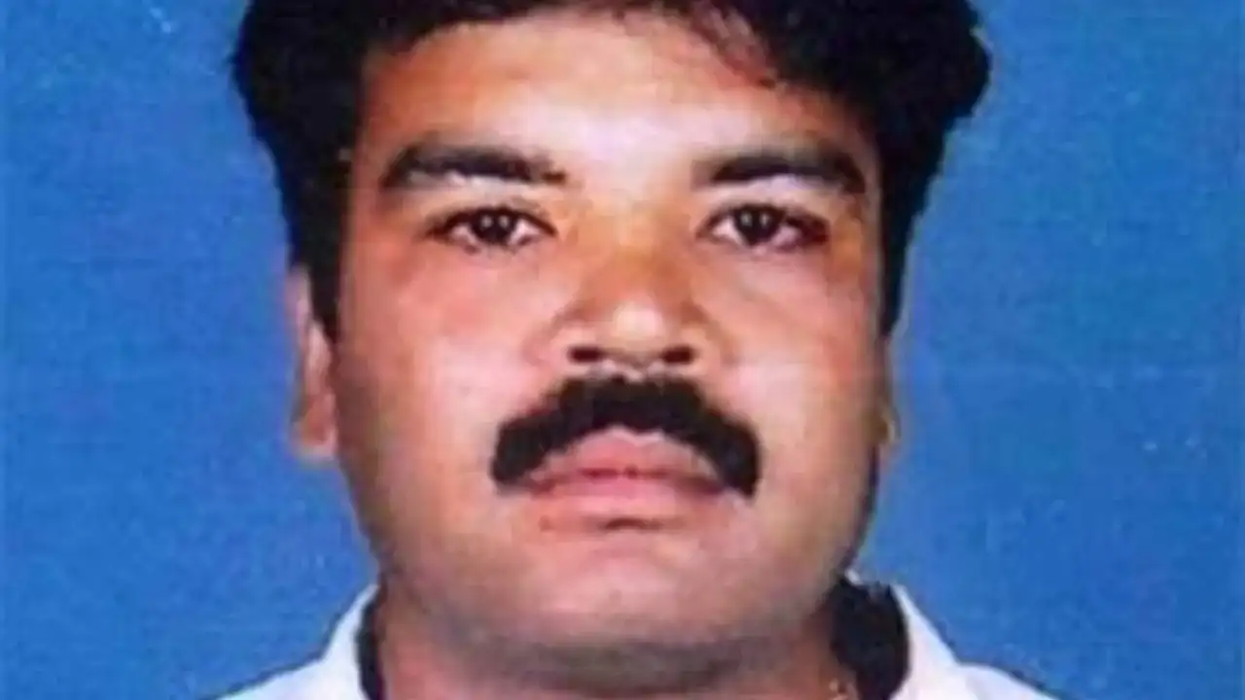
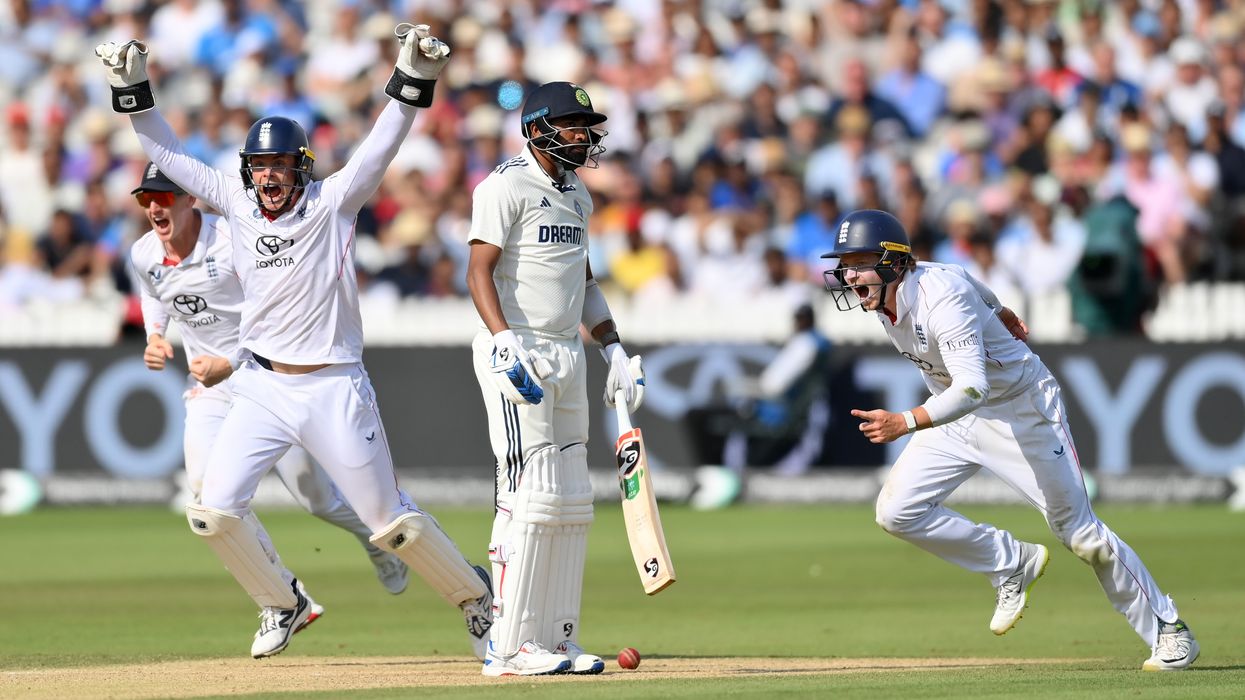



 Streaming blackout angers fans just days before new South Park seasonPrime Video
Streaming blackout angers fans just days before new South Park seasonPrime Video Global outrage grows as South Park vanishes from Paramount PlusWikipedia
Global outrage grows as South Park vanishes from Paramount PlusWikipedia 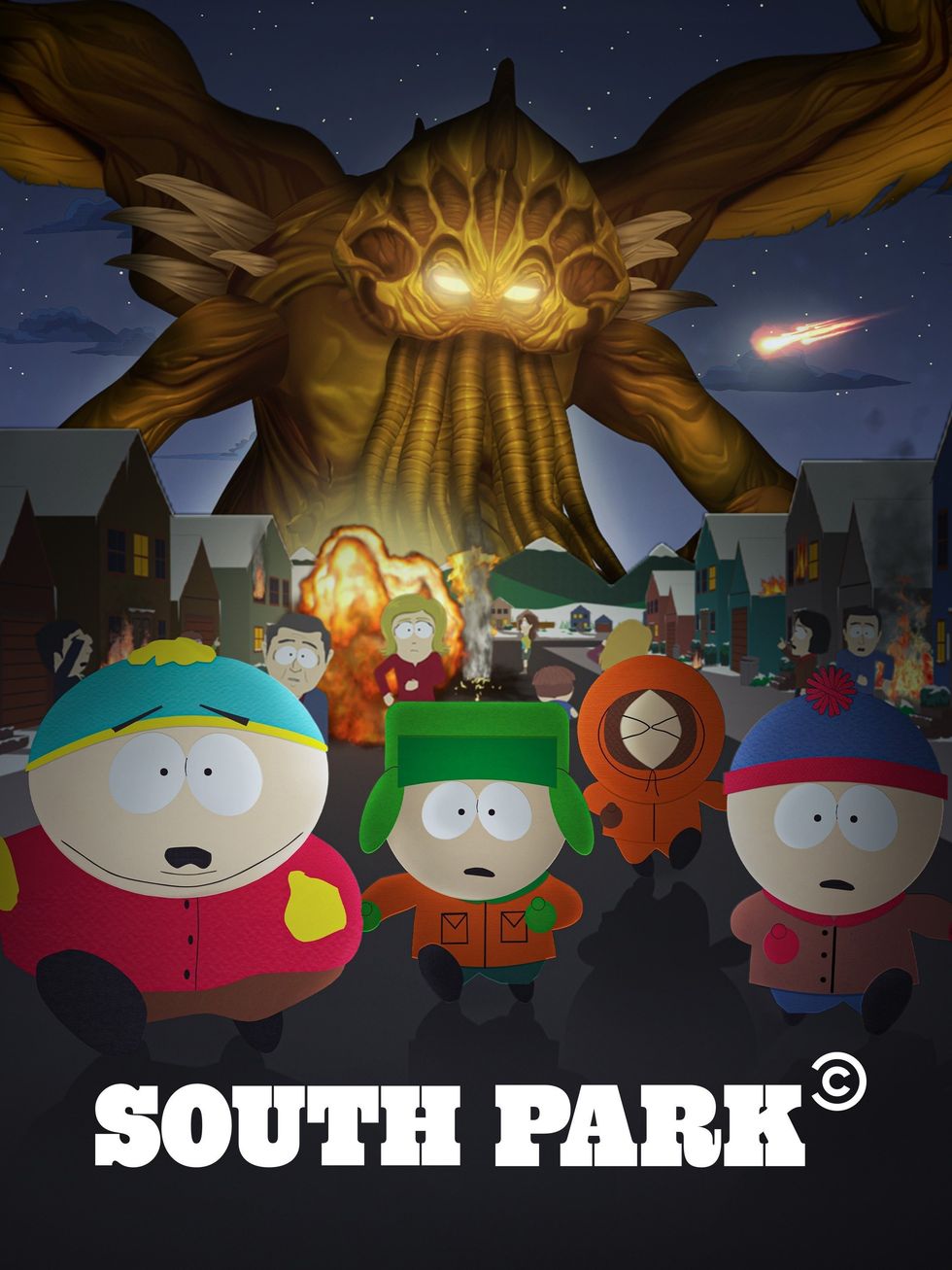 Fans slam Paramount and Skydance for blocking South Park accessRotten Tomatoes
Fans slam Paramount and Skydance for blocking South Park accessRotten Tomatoes 









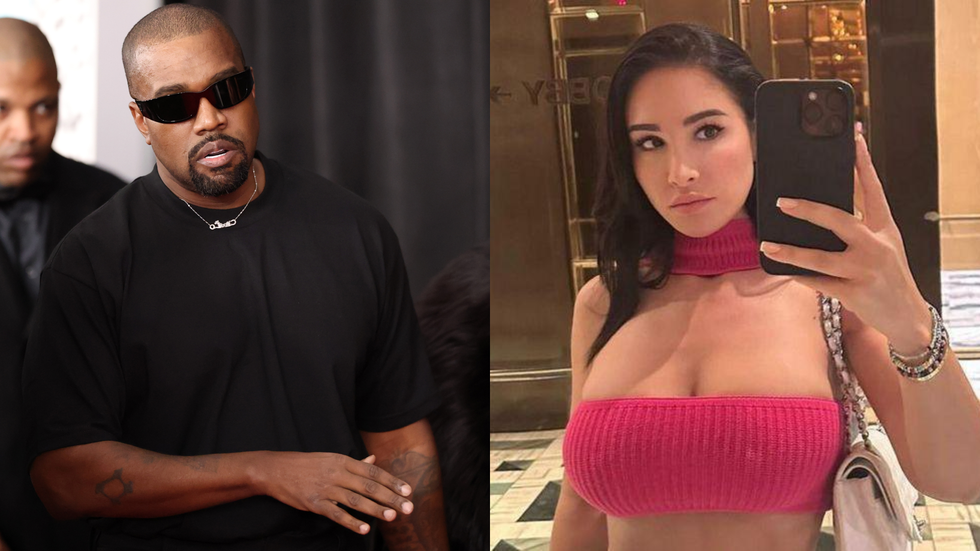 Kanye West’s spokesperson says the claims are inconsistent and defamatoryBBC/Getty Images
Kanye West’s spokesperson says the claims are inconsistent and defamatoryBBC/Getty Images 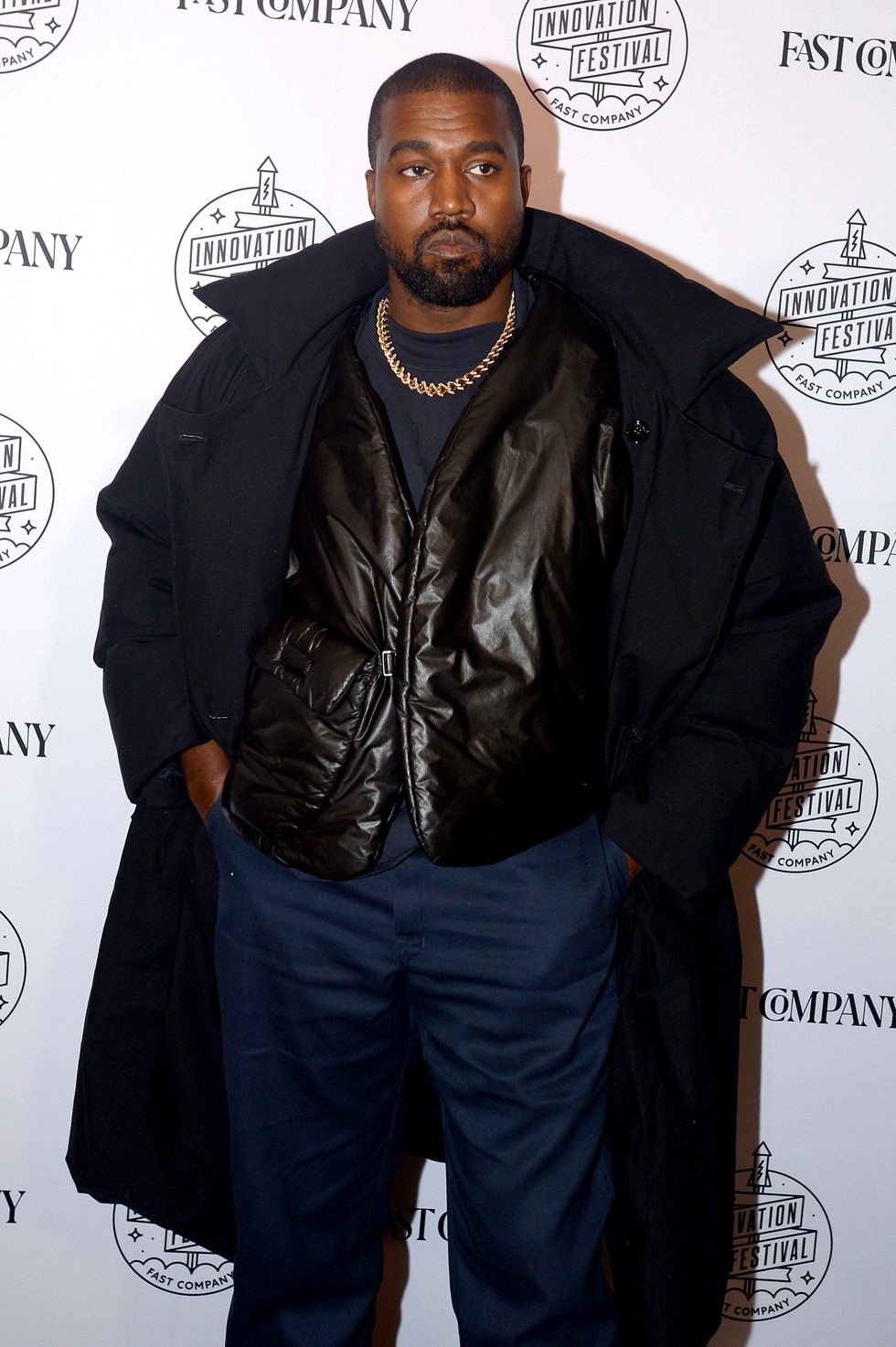 Photo of Kanye West from a past public appearance Getty Images
Photo of Kanye West from a past public appearance Getty Images  Attorney Lisa Bloom says Kanye West has already admitted to key allegations
Attorney Lisa Bloom says Kanye West has already admitted to key allegations 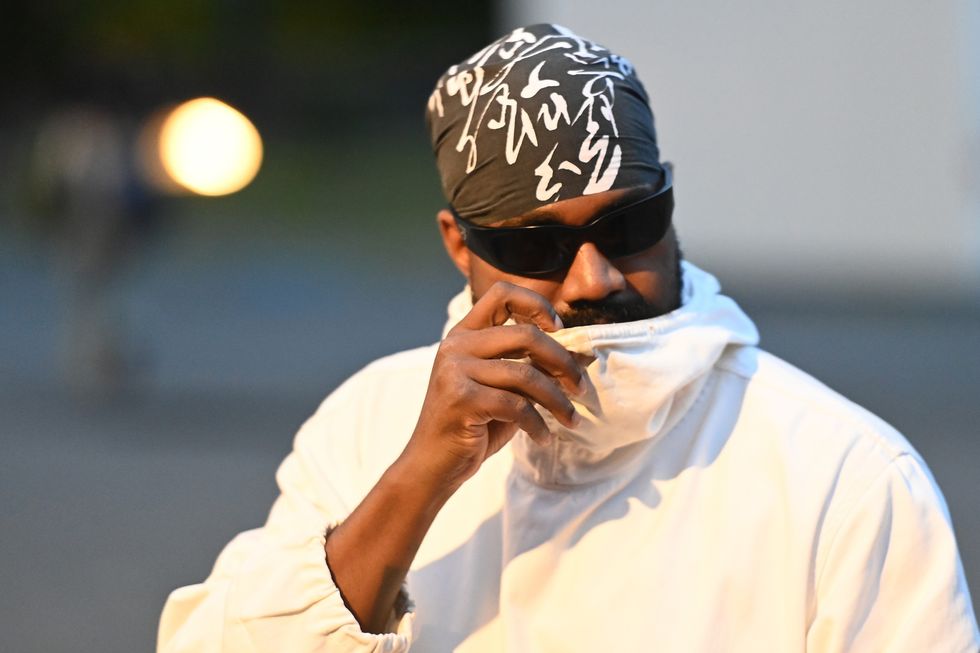 Kanye West’s spokesperson says the claims are inconsistent and defamatoryGetty Images
Kanye West’s spokesperson says the claims are inconsistent and defamatoryGetty Images 
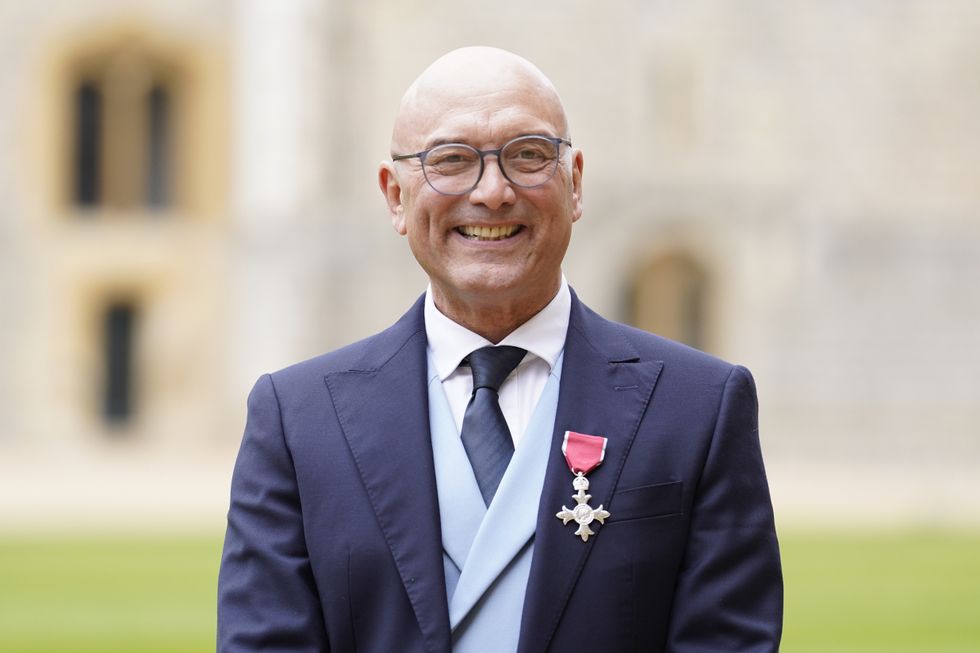 Gregg Wallace dropped from MasterChef after over 50 sexual misconduct claims surface Getty Images
Gregg Wallace dropped from MasterChef after over 50 sexual misconduct claims surface Getty Images  Gregg Wallace seen filming prior to being removed from the show Youtube Screengrab
Gregg Wallace seen filming prior to being removed from the show Youtube Screengrab 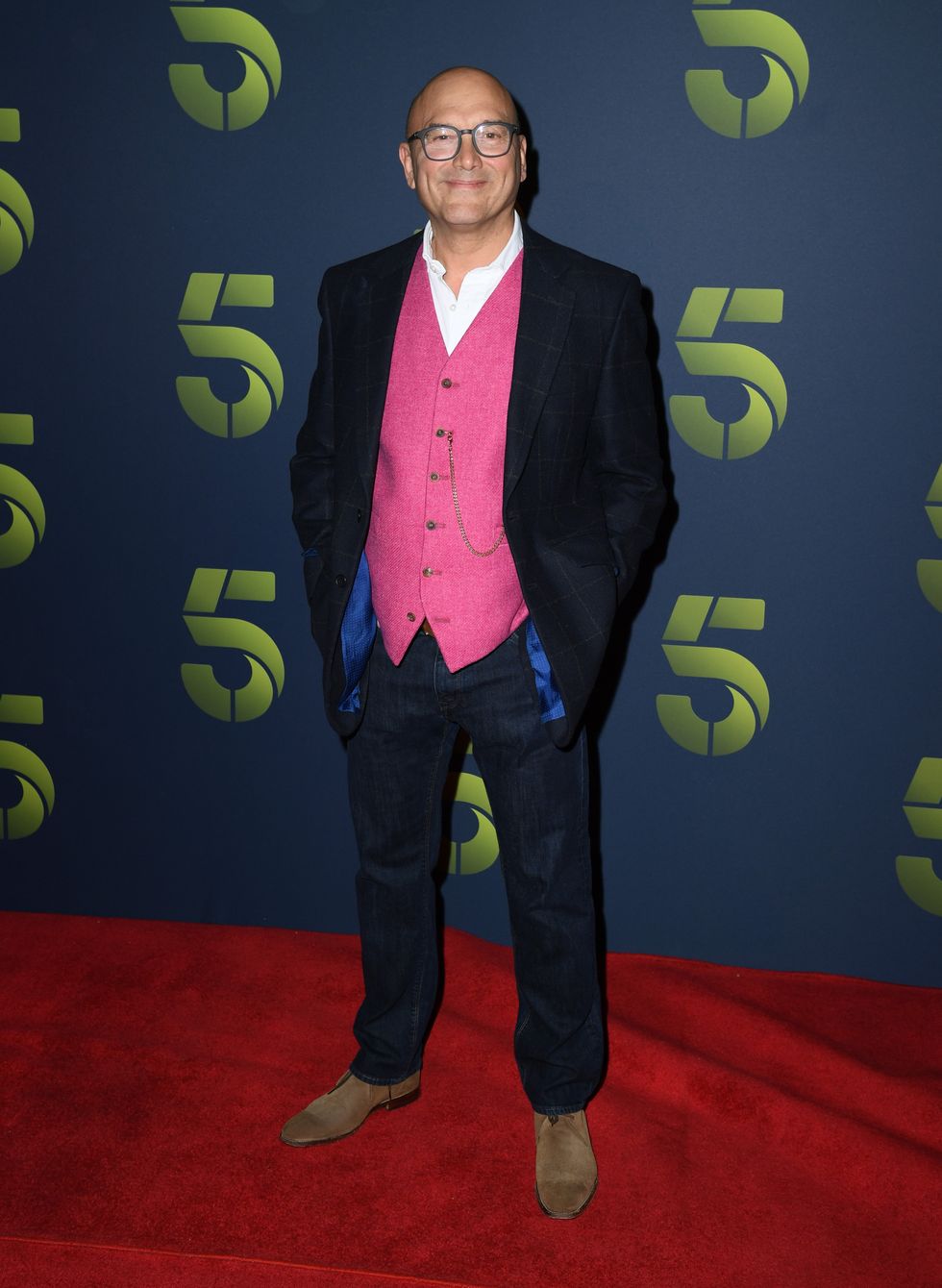 BBC confirmed it will not work with Wallace againGetty Images
BBC confirmed it will not work with Wallace againGetty Images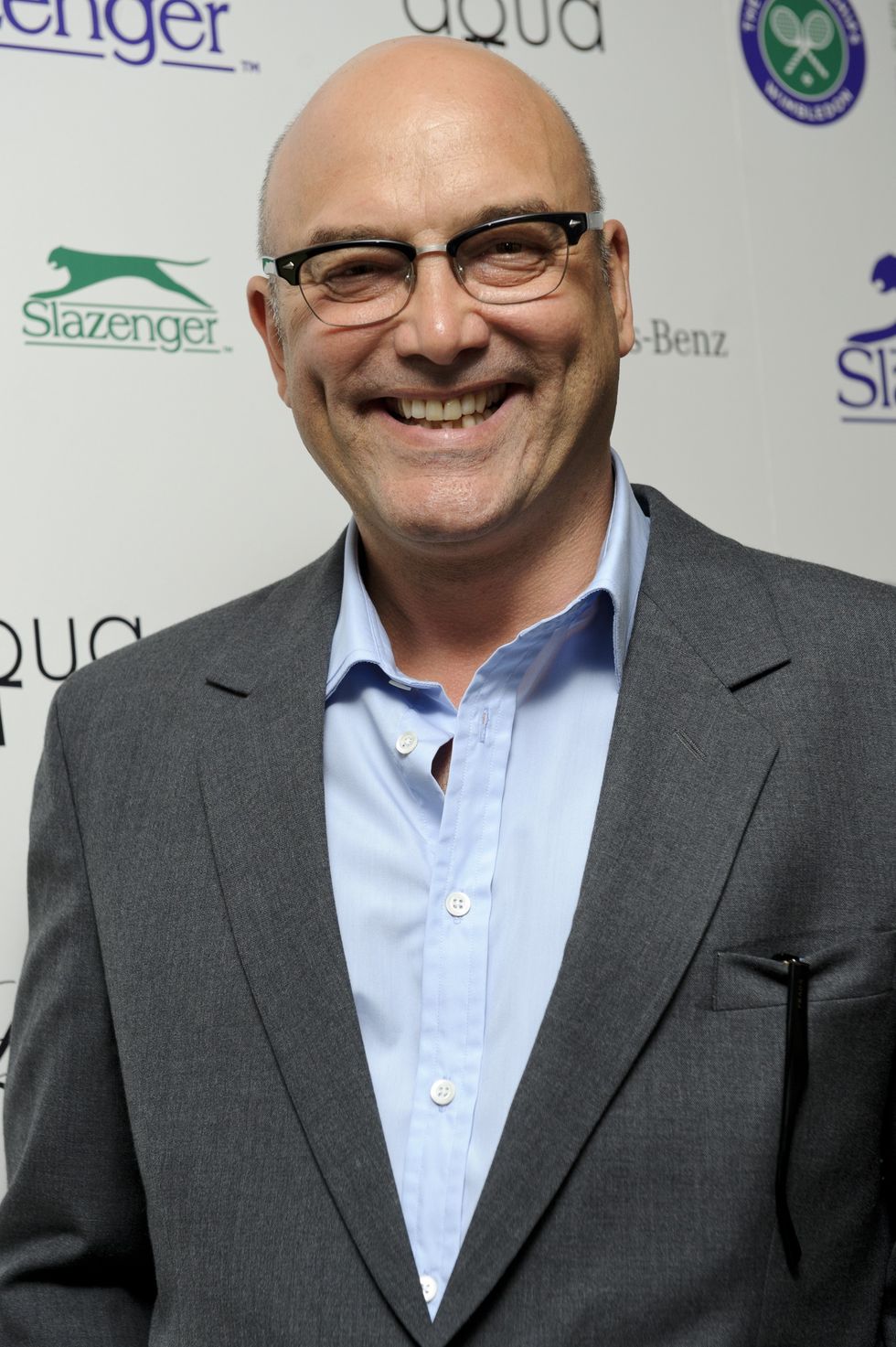 Wallace claimed he was scapegoated amid a toxic production cultureGetty Images
Wallace claimed he was scapegoated amid a toxic production cultureGetty Images
 Pedro Pascal addresses fan backlash over playing Reed Richards at 50Getty Images
Pedro Pascal addresses fan backlash over playing Reed Richards at 50Getty Images 
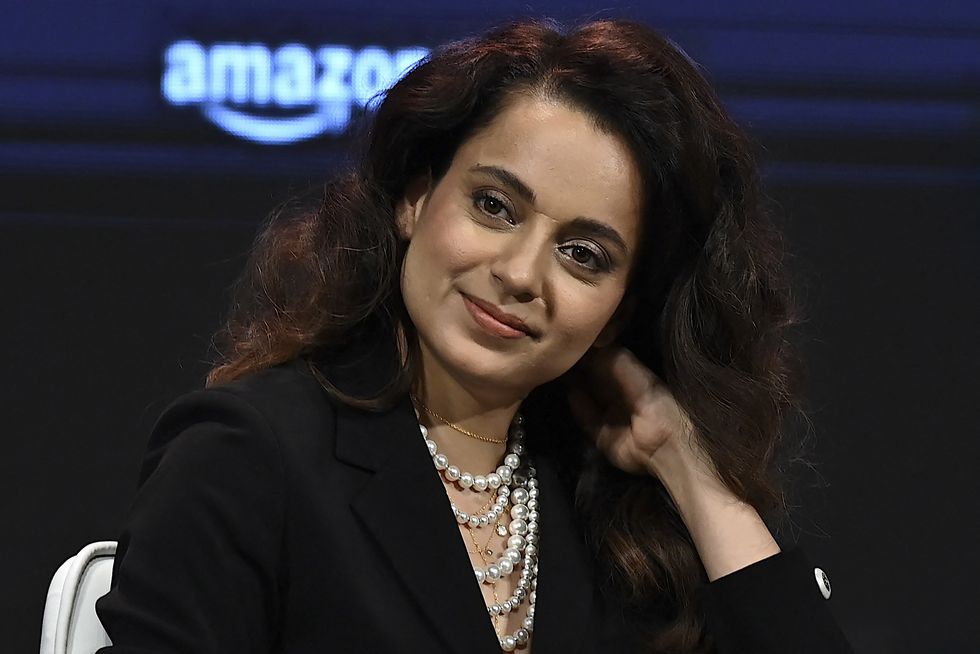 Kangana Ranaut speaks on equality and her role as a ParliamentarianGetty Images
Kangana Ranaut speaks on equality and her role as a ParliamentarianGetty Images 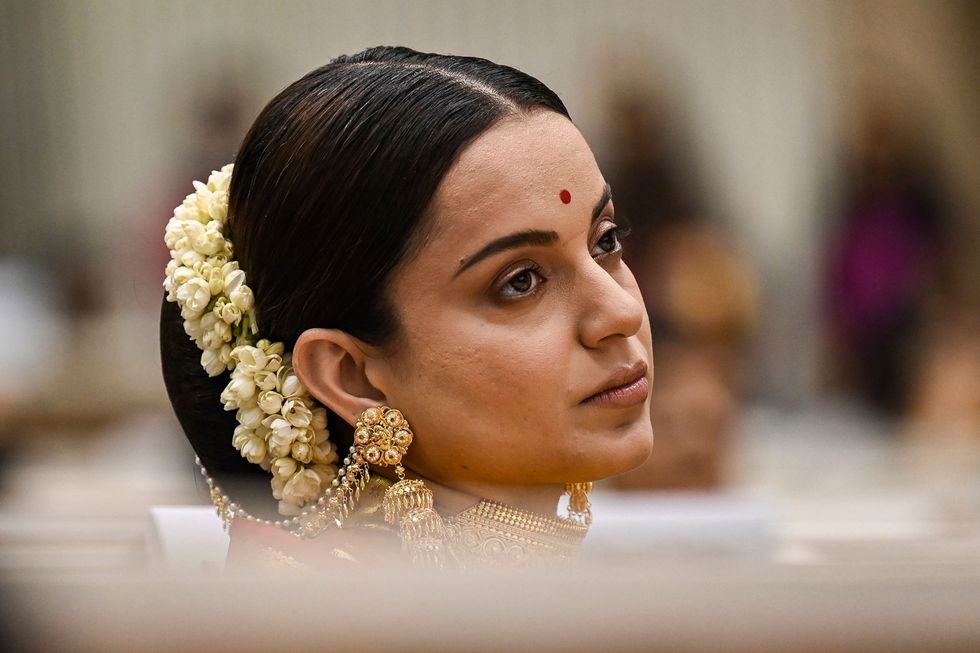 Kangana Ranaut calls equality a flawed idea, claims it’s ruining work ethic in today’s youthGetty Images
Kangana Ranaut calls equality a flawed idea, claims it’s ruining work ethic in today’s youthGetty Images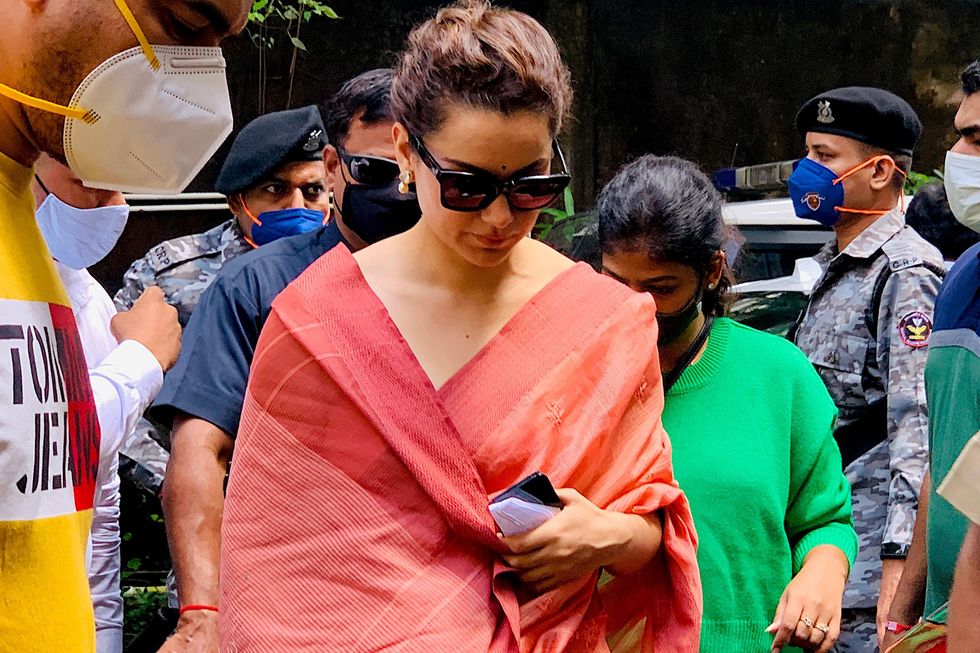 Kangana Ranaut says belief in equality has created a ‘generation of morons’ in viral Times Now interviewGetty Images
Kangana Ranaut says belief in equality has created a ‘generation of morons’ in viral Times Now interviewGetty Images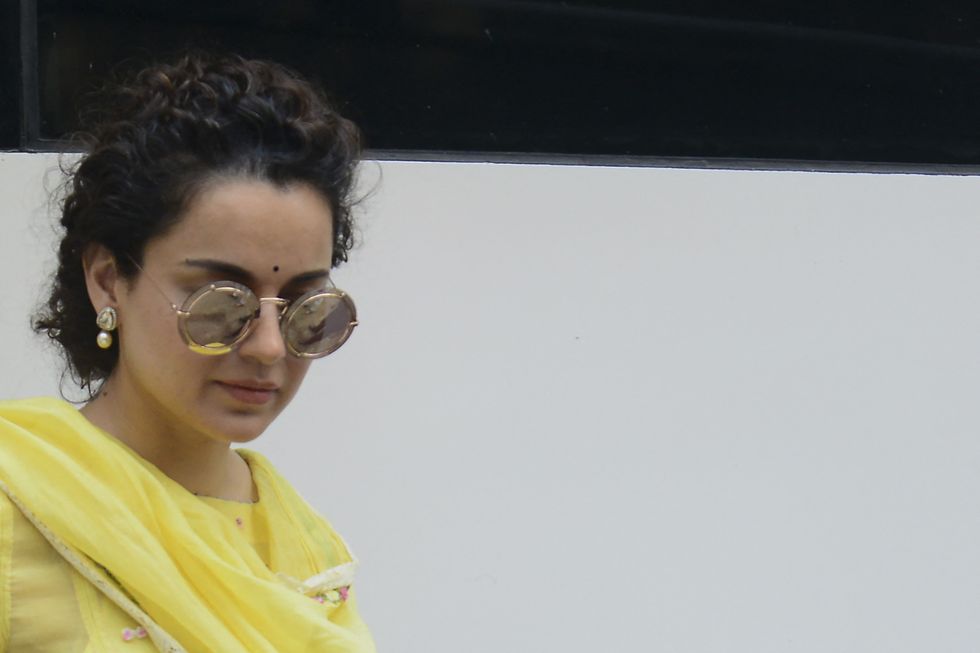 Kangana Ranaut blames equality for entitlement culture, says no two people are equalGetty Images
Kangana Ranaut blames equality for entitlement culture, says no two people are equalGetty Images